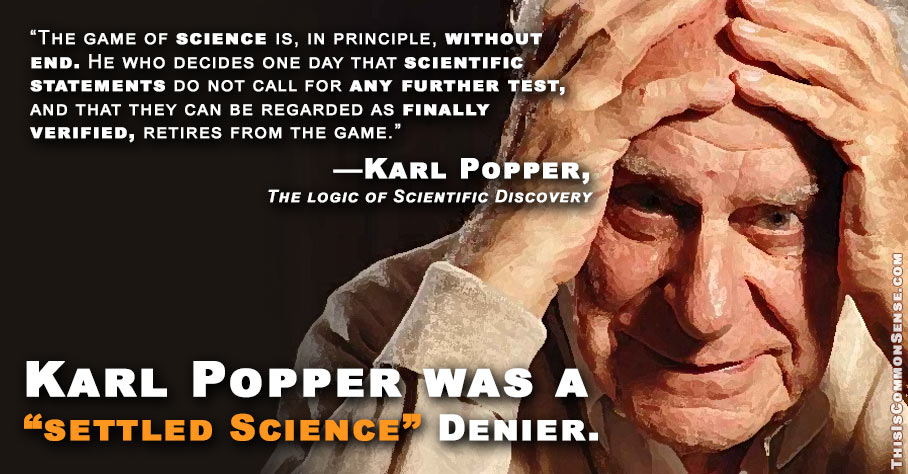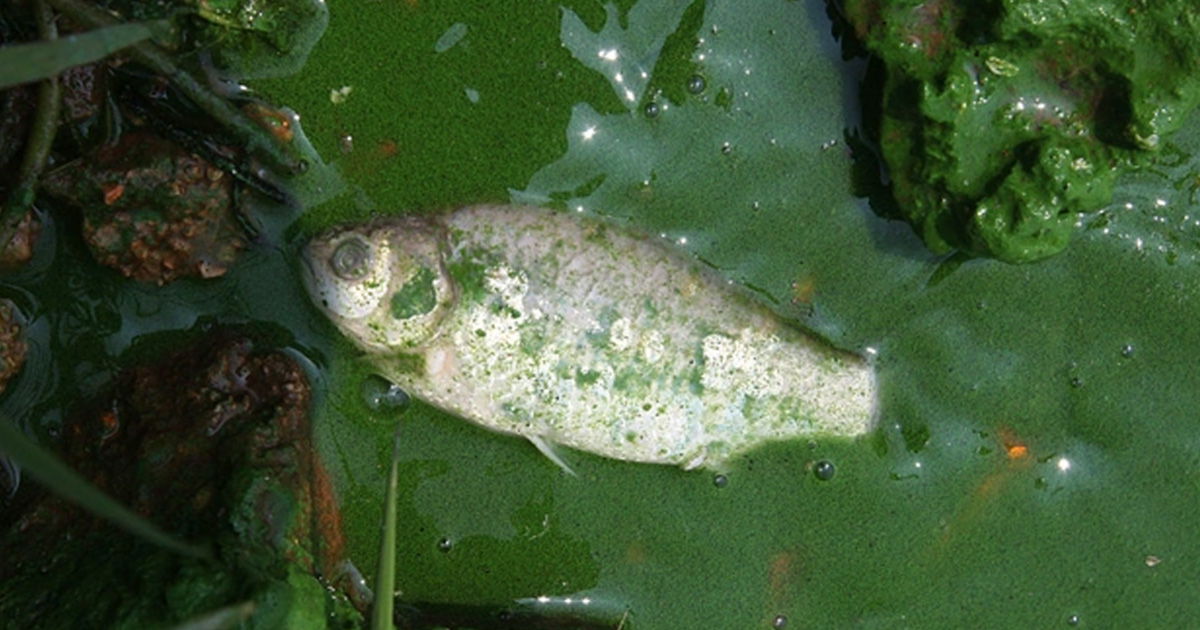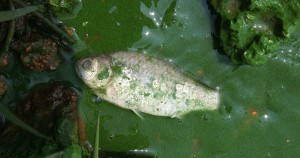A paper in the august science journal Nature,* on the oceans’ “thermal inertia” and the ominous temperature rise therein, has been corrected. But not before the BBC (and other media outlets) ballyhooed the results in the usual “climate change”/“global warming” narrative: “Climate change: Oceans ‘soaking up more heat than estimated’” (Nov. 1).
The paper’s initial new (and alarming) estimate, however, proved wrong.
Over at Real Climate, one of the co-authors clarified the changes that had to be made: “The revised uncertainties preclude drawing any strong conclusions with respect to climate sensitivity or carbon budgets . . . but they still lend support for the implications of the recent upwards revisions in” . . . well, I will let you make sense of it.
I am not a climate scientist, nor do I pretend to be one on the Internet.
What is important to note is that the “strong conclusions” reported on were found to be groundless.
Mistakes were made.
How were those mistakes identified?
They were caught at the ClimateEtc. — not an “august science journal” — published online at judithcurry.com.**
Nic Lewis, the astute blogger, identified a major source of the inaccuracy in the original paper as having arisen “primarily because of the inappropriate assumption of a zero error in 1991.”
We have just witnessed science in action — the public testing of published findings.
“The bad news,” Dr. Roy Spencer reminds us on his Global Warming blog, “is that the peer review process, presumably involving credentialed climate scientists” — note the dig — failed to catch the error “before publication.”
The crucial science happened afterwards, online.
This is Common Sense. I’m Paul Jacob.
* “Quantification of ocean heat uptake from changes in atmospheric O2 and CO2 composition,” by L. Resplandy, R. F. Keeling, et al.
** I have had occasion to mention climate scientist Judith Curry in the past.
» See popular posts from Common Sense with Paul Jacob HERE.








